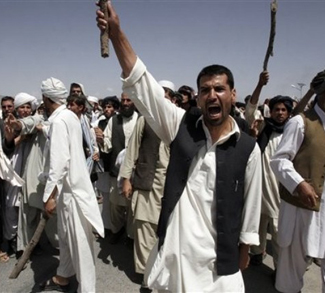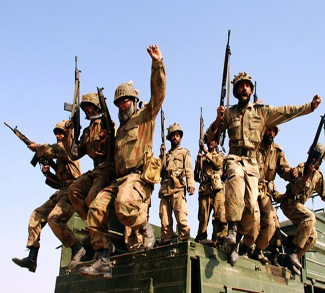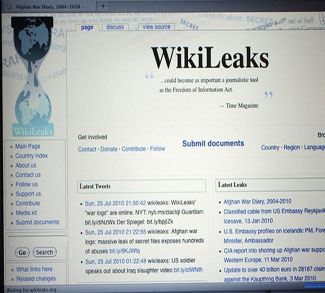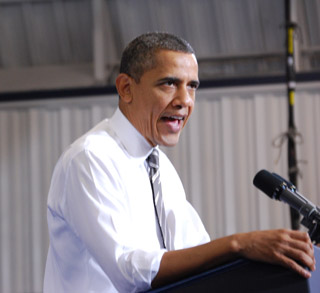FORECAST
General Petraeus’ announcement that won’t necessarily honor a 2011 pullout date for NATO forces in Afghanistan is aimed at re-taking the initiative on negotiations with the Taliban.
The interplay between General Petraeus and President Obama provides a perfect example of how outside pressures can affect and distort strategic policy. The Obama administration had to throw a war-weary public a bone when it announced the troop surge in Afghanistan, so it coupled the influx of more troops with a promise to start pulling them out by 2011. While this political sleight of hand may have insulated some of the administration’s domestic support, it also had the adverse effect of handing the Taliban a propaganda victory insofar that it signaled that it wouldn’t be long before Mullah Omar’s movement could seize the mantle of being the group that drove the foreign invaders out of Afghanistan. Practically speaking, the 2011 date made it so that the Taliban had absolutely no motivation to negotiate because it was clear that the Western commitment to Afghanistan was in a terminal decline.
Enter General David Petraeus; a man who is not beholden to the same domestic pressures that President Obama is, and moreover stands as someone who carries a great deal of personal credibility owing to his successes in Iraq. The first substantial move that General Petraeus has made has been to mitigate the damage done by the 2011 withdrawal date by stating that he won’t necessarily hold to it. Whether or not Petraeus’ overtures that NATO will be in Afghanistan for ‘as long as it takes’ will be taken at face value by the Taliban remains to be seen, but the Taliban have remained steadfast in their unwillingness to negotiate even though the din of calls for talks from Kabul and various NATO countries grows ever-louder.
General Petraeus’ motivations are simple enough, but the question remains: will it be enough to bring the Taliban to the negotiating table? The answer is probably not. Even though Petraeus has the credibility to inject a semblance of hope into a long-deteriorating security situation, the realities on the ground demand an investment of time and resources that will not be forthcoming from NATO. For their part, the Taliban are standing on the precipice of the holy grail of propaganda coups. They’re well-funded, entrenched in the countryside, and logistically capable enough to make July 2010 the most deadly month for NATO in a war that has already been rambling on for over nine years. In short, the Taliban’s negotiating position is strong; NATO’s is weak.
This disparity in negotiating leverage begs yet another question: If the Taliban do come to the table, what kind of deal is likely to result? A strong Taliban negotiating position will likely translate into a series of compromises that will be difficult for Western audiences to swallow. These compromises could include curtailing the legal rights of women, ending religious freedom, and dismantling the democratic process. Even more extreme is the possibility that the constitution could be amended and Afghanistan could be split into three distinct administrative regions: a Taliban-dominated south, a Northern Alliance-run administration in the north, and a civilian government in Kabul. This kind of deal would allow NATO to save face in the short term at the cost of long term instability and the distinct possibility of a civil war.




